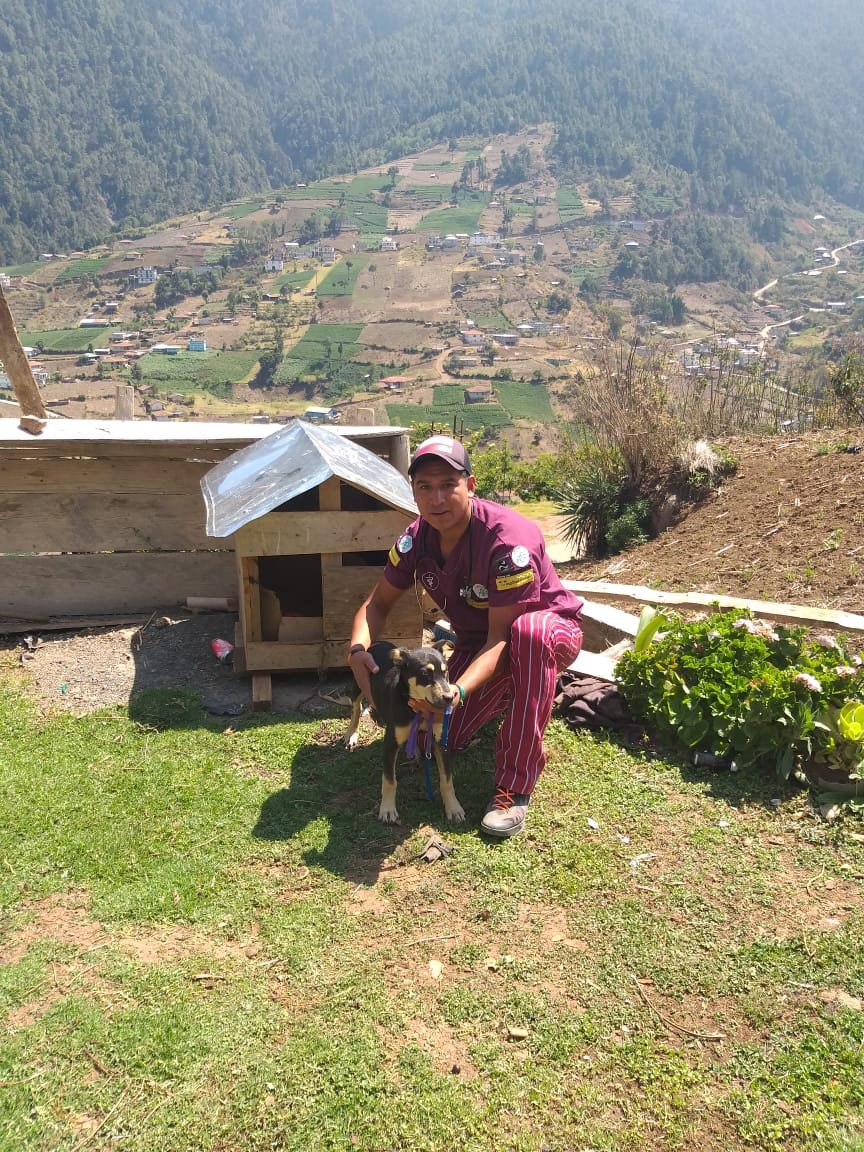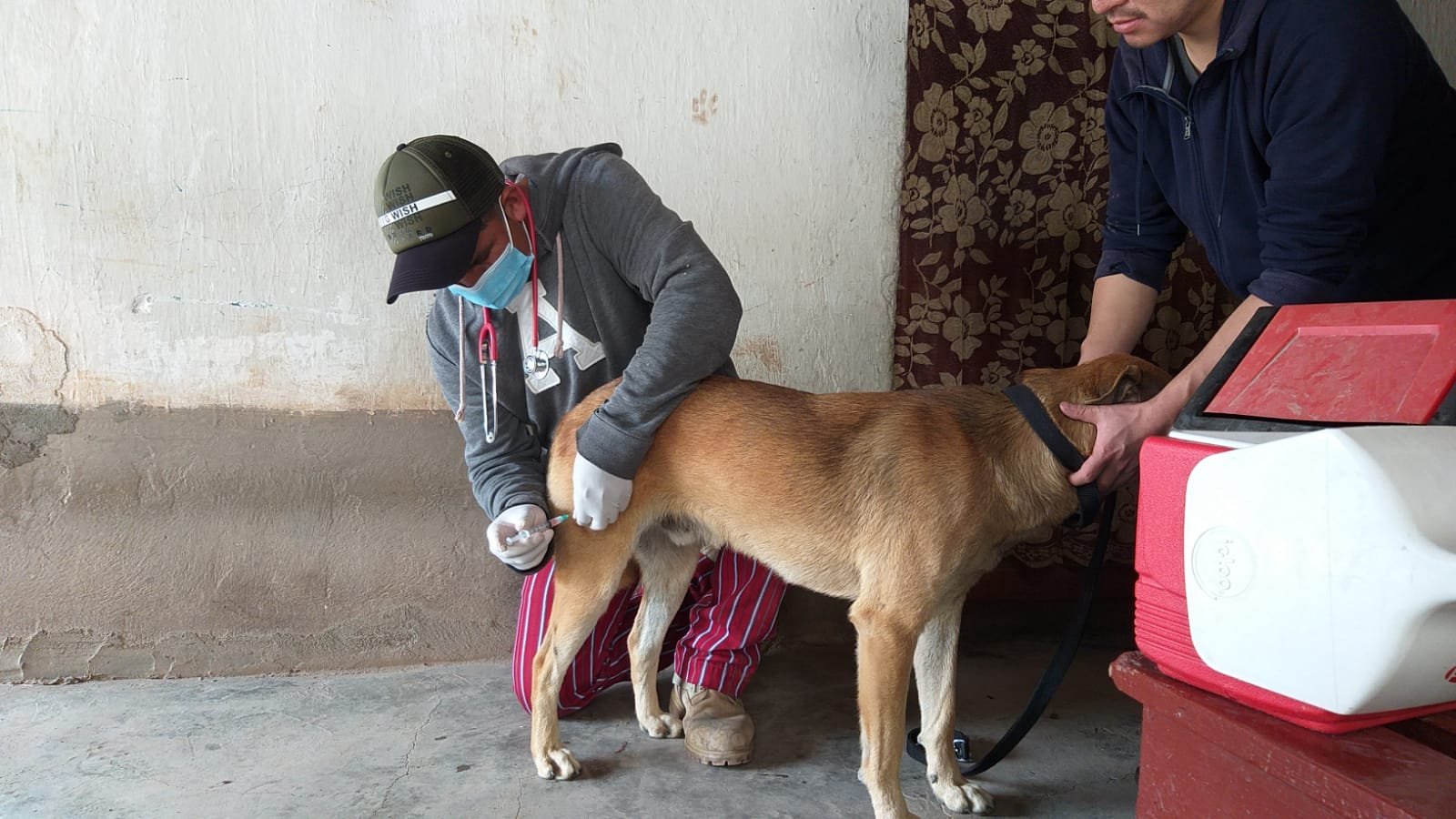Telemedicine in Todos Santos, Guatemala

T
With the closest vet hours away, animals in Todos Santos could go their whole lives without veterinary care
Canine rabies, dog aggression, zoonotic diseases and overpopulation are just some of the serious dog-related problems that have plagued the citizens of Todos Santos. And while dogs serve important roles in the community, such as guardianship and companionship, there has never been access to veterinary care to keep their dogs healthy and vaccinated, to get them sterilized to avoid unwanted puppies, or to deal with emergencies as they arise. Many of the dog owners live far from the town’s center in remote rural areas with no vehicles or expendable income, so getting their dogs to a veterinarian in the next closest city is often simply not possible.
Watch one of our paraveterinarians in action, conducting an exam on a dog in a rural area outside of Todos Santos.
An innovative approach to consistent veterinary care in a remote Mayan Village
In 2008, we were asked to help this community with their dog problem- many children were being attacked by dogs and with canine rabies still present in the country, the dogs were a constant source of fear for the community members. We started going once a year to provide a sterilization and vaccination campaign for the community, but after a few years of doing that, we realized it just wasn’t enough. What happened to those pets for the rest of the year? So, in 2015, we developed a training course for a local community member to become our eyes and ears on the ground.
In 2017, we launched our full telemedicine project for dogs in Todos Santos. Through the use of online software, our paraveterinarians can now see patients and deliver veterinary care under the careful supervision of our remote veterinarians. The paraveterinarians are able to complete a host of procedures, meaning dogs in Todos Santos can now receive treatment for illnesses and wounds, along with vaccinations against distemper and rabies. Thanks to the training the paraveterinarians have received and the relationships they continue to build in the community,
we are also able to coordinate with a partner clinic in Huehuetenango, Guatemala to manage locally-led sterilization campaigns, which removes the dependency on foreign-led efforts that are typically once per year at best. For any case that exceeds the scope of their ability, the paraveterinarians facilitate a hand-off to our partner clinic for more advanced treatment. Through this project we have treated hundreds of dogs that would have otherwise not received any care at all, and we hope to be able to continue expanding our reach to the most remote areas in this mountainous region.
Saving Lobito
Poor Lobito got stuck inside a cliff of mud during a storm in Todos Santos, Guatemala. Access to the remote town was blocked off by debris and further mudslides. Without the Telemedicine program, Lobito would not have received the care he urgently needed.
Photo gallery:
How does access to veterinary care relate to One Health?
When animals receive regular, preventive health care, they stay healthier. Healthier animals are less likely to spread diseases to humans and wildlife. Further, our Telemedicine Program includes an ongoing education component focused on encouraging responsible pet ownership and on practical tips like how to recognize signs of rabies and how to avoid dog bites. Taken together, these efforts support not only the well-being of one species, but also a healthy interaction between people and animals, which is the core of a One Health approach.


















